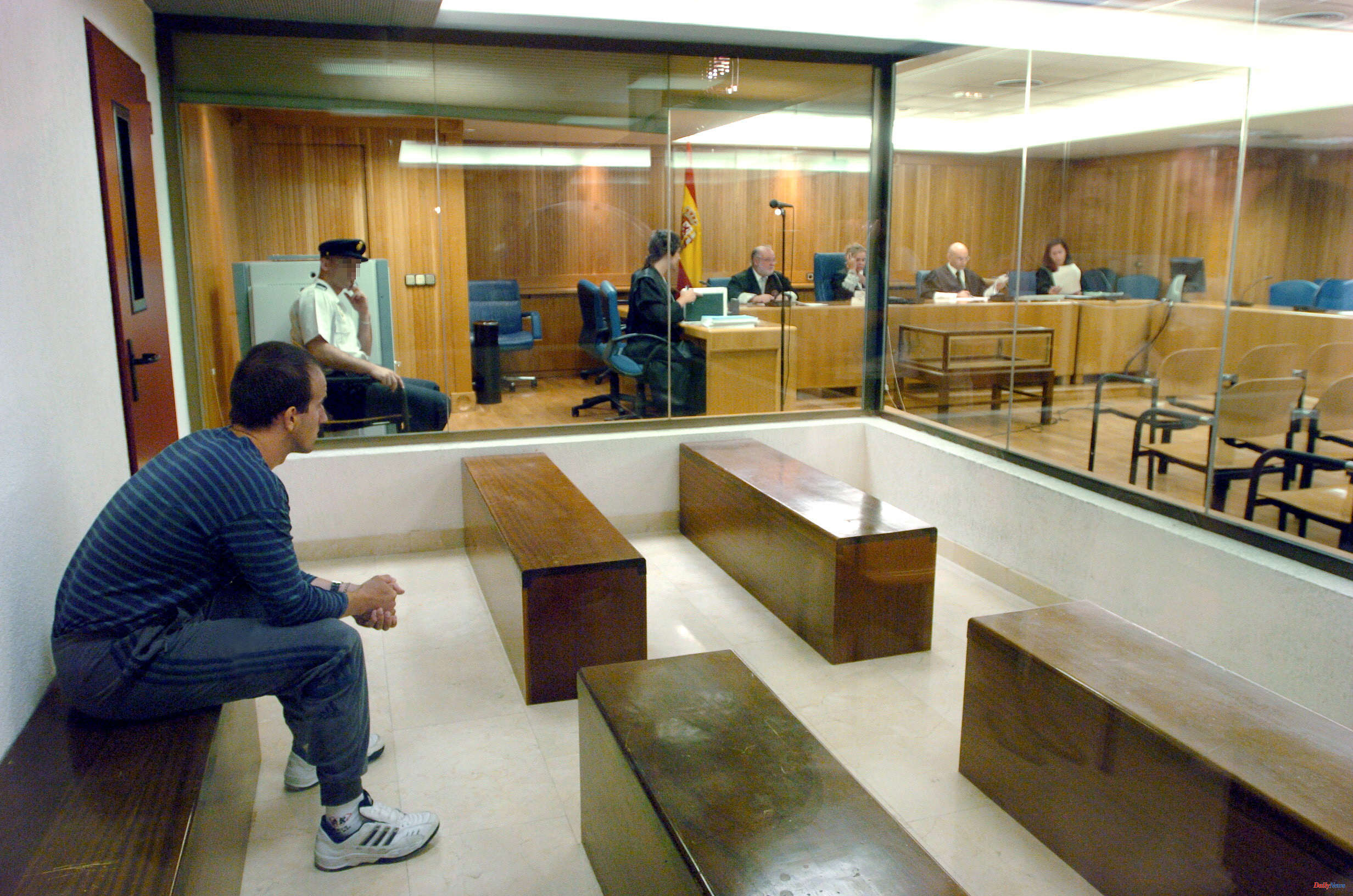The judge of the National Court Manuel García Castellón has refused to investigate four ETA leaders for genocide in the case of the murder of two Civil Guard agents in Sallent de Gállego (Huesca), on August 20, 2000.
The investigating magistrate follows the criteria maintained by the Prosecutor's Office of the Hearing and inadmissible for processing presented by the Association against Impunity and for the Advancement of Human Rights against ten former ETA leaders for attempted genocide, in connection with murders terrorists.
The magistrate refers to previous resolutions on very similar matters in which the Supreme Court and the Criminal Chamber of the National Court determined the scope of the crime of genocide and rejected that it was applicable to other ETA attacks. The main reason is that the requirement that the total or partial destruction of "a national, racial, ethnic or religious group" is sought is not met.
The judge maintains that it is not possible to differentiate the "characterizing element of the group", since both the murderers and the victims belong to the same national group. "The victims were Spanish citizens, like the perpetrators, so there is only one national group, the Spanish, so it would not be feasible to apply this criterion as a delimiter of the elements that make up the group," says García Castellón.
"In this sense," he adds, "the ethnic, racial or religious characteristics that are differential and that characterize the group whose extermination -total or partial- is sought are not appreciated either. Hence, in the absence of national, ethnic , racial or religious, that serve to elevate one group to the category of entity differentiated from the other, and given that only said parameters could be addressed, all the arguments on which the complaint bases the legal qualification of the facts as a crime of genocide".
In addition, in relation to the appearance in the cause of the association that filed the complaint, the order indicates that it should be rejected since its corporate purpose or the existence of a legitimate interest in the exercise of popular prosecution does not appear in the proceedings, nor that it is registered in any public registry of associations.
At the head of the association is the lawyer Miguel Ángel Rodríguez Arias, who until recently has brought various cases against ETA leaders on behalf of the Dignity and Justice Association. Now with his new association, the lawyer presented the dismissed complaint in the Sallent de Gállego case and another in the same line in the investigation of the car bomb attack in Santa Pola (Alicante).
Unlike what happened with the genocide, the Court has accepted in the past to promote an investigation -currently paralyzed- against ETA leaders for crimes against humanity. In these cases, there is no requirement of belonging to a specific national group, but instead focuses on attacks on the civilian population, a requirement that is met.
The ETA members Ana Belén Egües, Gorka Palacios, Juan Luis Rubenach and Iván Apaolaza have refused this Wednesday to testify before the judge of the National Court Santiago Pedraz as defendants for the murder of Supreme Court magistrate Francisco Querol, his driver and his bodyguard in October 2000 in Madrid.
The four have appeared by videoconference from the Zaballa prison (Álava) before magistrate Santiago Pedraz. According to legal sources, Robenach has indicated that there is no mandatory authorization from France - which handed him over to Spain - to charge him with that attack. For his part, Apaolaza has limited himself to stating that at the time of the attack he was not part of the Madrid command.
According to the criteria of The Trust Project












